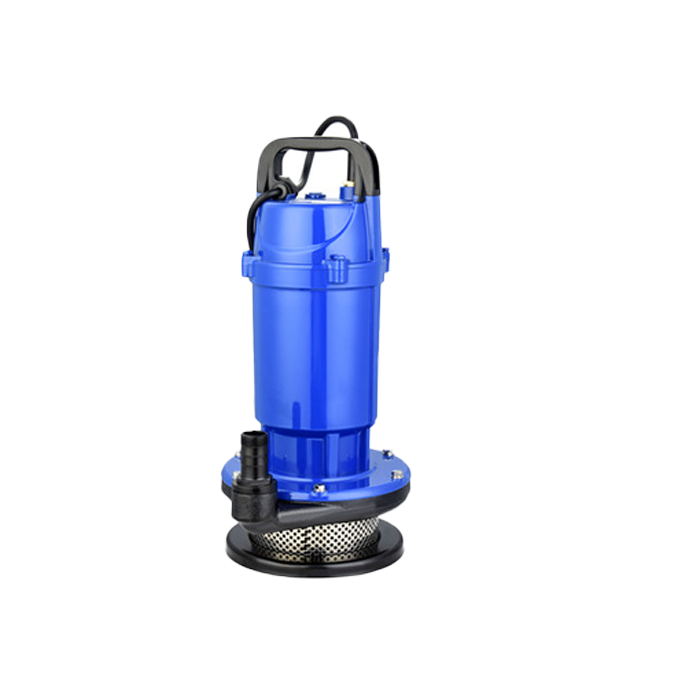
High-Quality Cation Resin – Efficient Water Softening and Purification Solution
Key Features
| Premium Cation Resin for Water Softening & Industrial Purification | : | Resin Type: Cation Exchange Resin Weak Acid Cation (WAC) – Carboxylic Acid Matrix Material: Cross-linked Polystyrene / Acrylic Bead Size: 0.3 – 1.2 mm Moisture Content: 45 – 55% Bulk Density: 720 – 780 kg/m³ Water Retention: 45 – 55% Exchange Capacity: SAC: 1.8 – 2.2 meq/ml WAC: 1.2 – 1.5 meq/ml pH Range: 1 – 14 (depending on type) Maximum Operating Temperature: SAC: Up to 100°C WAC: Up to 60°C Regenerant: Sodium Chloride (NaCl) / Hydrochloric Acid (HCl) Applications: Water softening Demineralization Industrial water treatment Food & beverage Pharmaceutical processes Color: Amber / Light Brown (typical) Shape: Spherical beads Durability: Chemically stable, resistant to thermal degradation, long service life Installation: Suitable for water softeners, demineralizers, and industrial filtration systems Performance: High cation exchange efficiency, consistent water quality |
| View More Info | ||
High-Quality Cation Resin – Efficient Water Softening and Purification Solution
Cation resin is a highly effective type of ion-exchange resin designed to remove positively charged ions (cations) from water, such as calcium (Ca²⁺) and magnesium (Mg²⁺), which are responsible for water hardness. It is widely used in water treatment systems, industrial processes, and residential applications to ensure soft, clean, and safe water. With superior efficiency, durability, and reliability, cation resins are essential components in water softening and purification systems.
Key Features and Benefits
Efficient Water Softening: Cation resins efficiently exchange hardness-causing ions with sodium or hydrogen ions, effectively reducing water hardness. This prevents scale formation in boilers, pipes, and appliances, improving efficiency and lifespan.
High Exchange Capacity: These resins offer a high cation exchange capacity, ensuring effective ion removal and longer operational cycles before regeneration is required.
Durable and Long-Lasting: Made from high-quality cross-linked polystyrene or acrylic matrix with sulfonic acid functional groups, cation resins resist physical degradation and chemical attack, ensuring extended service life.
Versatile Applications: Cation resins are used in residential water softening systems, industrial boiler feed water treatment, power plants, pharmaceutical processes, and food and beverage production.
Easy Regeneration: Cation resins can be regenerated efficiently using standard sodium chloride (NaCl) or hydrochloric acid (HCl) solutions, restoring their ion-exchange capacity for repeated use.
Chemical Stability: Resistant to oxidizing agents and pH variations, cation resins maintain their performance even in harsh water conditions, ensuring consistent water quality.
Environmental Benefits: By reducing scale formation and improving water efficiency, cation resins contribute to energy savings and reduce the environmental footprint of water-using systems.
Types of Cation Resin
Strong Acid Cation Resin (SAC): Used in water softening and demineralization processes. It effectively removes calcium and magnesium ions, and can also exchange other metal ions like iron and manganese.
Weak Acid Cation Resin (WAC): Primarily used for removing temporary hardness and treating low-mineral water. WAC resins are more efficient at neutralizing alkalinity and require less regeneration chemical.
Applications of Cation Resin
Residential Water Softening: Removes hardness to protect household appliances such as water heaters, washing machines, and dishwashers.
Industrial Applications: Essential for boiler feed water treatment, cooling towers, and other industrial water systems to prevent scaling and corrosion.
Pharmaceutical and Food Industry: Ensures high-purity water in manufacturing processes, maintaining product quality and safety.
Power Plants: Used in demineralization units to protect turbines and heat exchangers from scale and corrosion.
Laboratory and Research: Provides ultra-pure water necessary for sensitive experiments and analytical procedures.
Maintenance and Care
To maintain optimal performance, cation resins require regular monitoring and proper regeneration:
Regeneration: Use appropriate salt or acid solutions to restore exchange capacity.
Rinsing: Thoroughly rinse the resin bed after regeneration to remove excess chemicals.
Backwashing: Periodically backwash the resin to prevent clogging and channeling.
Monitoring: Track water hardness and pH levels to detect any decline in performance.
Advantages Over Other Water Treatment Methods
Highly efficient in removing hardness-causing ions.
Reduces scale formation, extending the lifespan of plumbing and equipment.
Can be regenerated and reused multiple times, making it cost-effective.
Compatible with both residential and industrial systems.
Provides consistent, high-quality water output.
Conclusion
High-quality cation resin is an indispensable component of modern water treatment systems. With its excellent ion-exchange capacity, chemical stability, and durability, it ensures soft, purified water for residential, industrial, and commercial applications. Investing in superior cation resin guarantees long-term efficiency, protection for water-using equipment, and improved water quality, making it a reliable choice for all water treatment needs.
| Premium Cation Resin for Water Softening & Industrial Purification | Resin Type: Cation Exchange Resin Weak Acid Cation (WAC) – Carboxylic Acid Matrix Material: Cross-linked Polystyrene / Acrylic Bead Size: 0.3 – 1.2 mm Moisture Content: 45 – 55% Bulk Density: 720 – 780 kg/m³ Water Retention: 45 – 55% Exchange Capacity: SAC: 1.8 – 2.2 meq/ml WAC: 1.2 – 1.5 meq/ml pH Range: 1 – 14 (depending on type) Maximum Operating Temperature: SAC: Up to 100°C WAC: Up to 60°C Regenerant: Sodium Chloride (NaCl) / Hydrochloric Acid (HCl) Applications: Water softening Demineralization Industrial water treatment Food & beverage Pharmaceutical processes Color: Amber / Light Brown (typical) Shape: Spherical beads Durability: Chemically stable, resistant to thermal degradation, long service life Installation: Suitable for water softeners, demineralizers, and industrial filtration systems Performance: High cation exchange efficiency, consistent water quality |
|---|
(0)
Login To Leave Review
Related Products
EMI Details
T&C